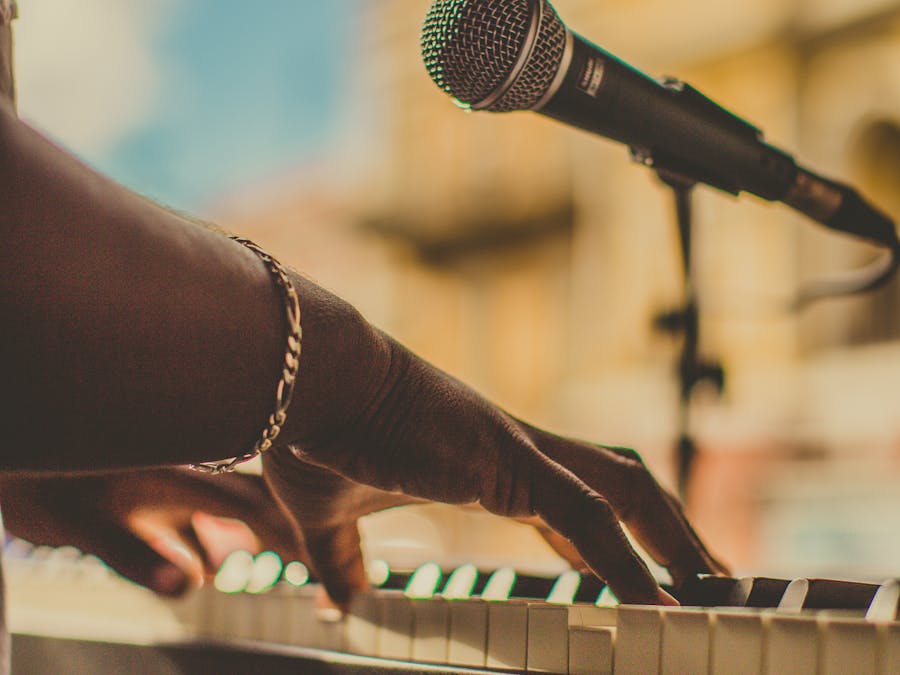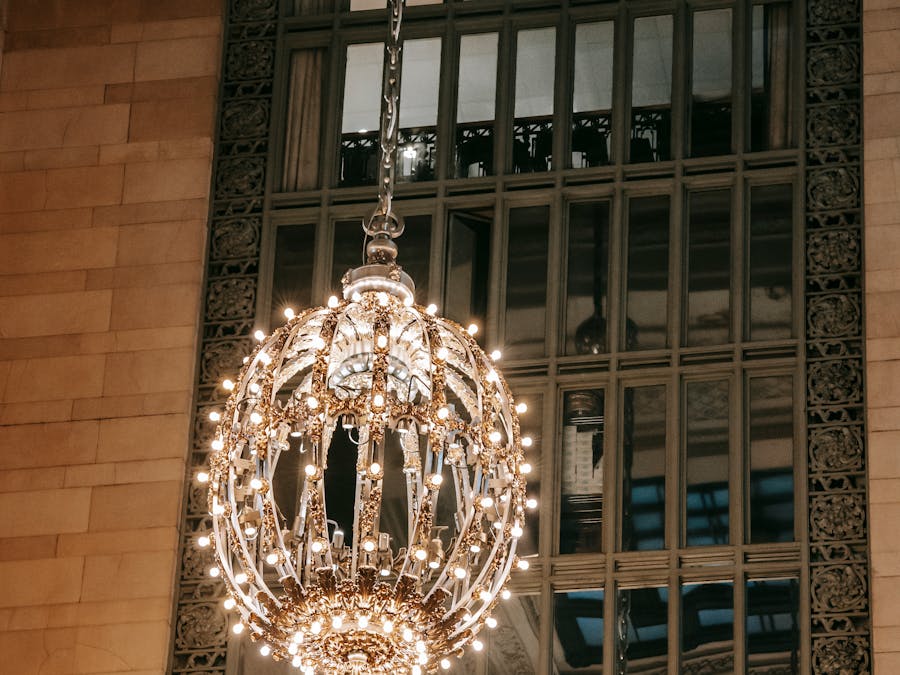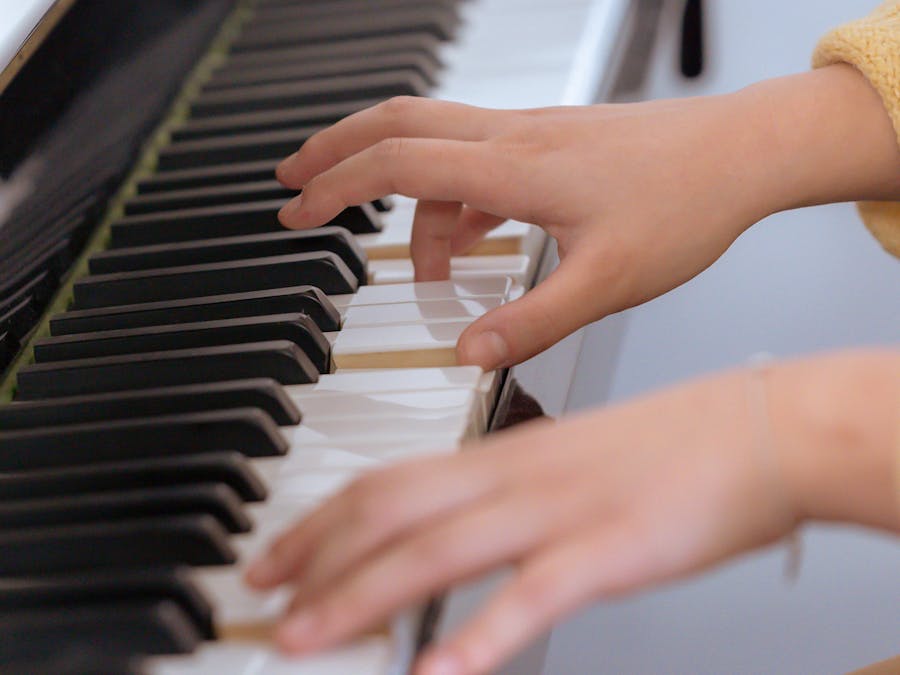 Piano Guidance
Piano Guidance
 Piano Guidance
Piano Guidance

 Photo: Lukas
Photo: Lukas
Jazz is first and foremost an aurally learned music. Learning music by ear is not always the easy way, and if you aren't used to it, you may find it quite difficult at first. But it's the best way hands down, and the more you do it, the easier it gets.

The Piano is now streaming free for Prime members as one of the fantastic additions to the catalog in the month of August and the film starring...
Read More »
If you live in the United States, one place to start is the Music Teachers National Association. On the MTNA website, you can see a list of...
Read More »When it comes to learning jazz standards, solos and licks, there isn’t a wrong or right way. But there is the easy way and the better way. The easy way is just to buy some sheet music, read the melody and chords off the page, memorize (or sometimes not) and call it good. That’s certainly the instant gratification way, but I guarantee you that’s not the best way to learn jazz language or any piece of music. Remember that jazz is a language. One of the most important parts of learning a language is mimicking. You hear something and copy it. If you ask almost anybody who is bi-lingual, they will tell you they became fluent by immersing themselves with native speakers and being forced to listen, decipher and respond. Jazz is not music that is meant to be learned from sheet music. It never was. Back in the bebop days in the 1940’s, jazz musicians would pile into clubs and listen to each other play. They would literally pick things up on the bandstand, in rehearsals, and by just listening to records. That doesn’t mean they couldn’t read music, or never read music, but learning music by ear was always the primary method. That’s something I want you to understand. Jazz is first and foremost an aurally learned music. So if you want to become a great jazz improviser, you need to follow in the footsteps of the great jazz musicians before you. Learning music by ear is not always the easy way, and if you aren’t used to it, you may find it quite difficult at first. But it’s the best way hands down, and the more you do it, the easier it gets. Don’t misunderstand me either. Sheet music is not bad. Can sheet music play a role in your jazz education? Of course, it can. In fact, reading is an important part of learning a language. It can be a great tool to conceptualize and analyze jazz language. It can also be a great resource for checking the work your ear has done. If you’ve gone through the process of learning a jazz standard by ear, you may want to check a chord or two you are unsure about or a piece of the melody that seems ambiguous. In addition, if you’re in a bind and don’t know a tune at a gig, there’s no harm and checking out a chord chart on the fly (although this shouldn’t be abused). The idea is not to throw away sheet music but to know its place. If you truly want to become great jazz improviser, you are going to need to get your face out of the pages and instead open your ears.

Jimi Hendrix Jimi frequently tops online 'best guitarist' polls, and, so deep is his influence, there's a good chance you already use a raft of...
Read More »
Oberheim OB-Xa The synth which Van Halen used in “Jump” is an Oberheim OB-Xa. This machine uses polyphonic, substractive synthesis to generate its...
Read More »
Pianoforall is one of the most popular online piano courses online and has helped over 450,000 students around the world achieve their dream of playing beautiful piano for over a decade.
Learn More »But if you’re anything like me, you don’t take action on something unless you know why you are doing it (especially if it requires more work). So why should you learn jazz by ear and not sheet music? Let’s go over some reasons:

People should avoid adding rubbing alcohol to their bathwater. Prolonged exposure to rubbing alcohol can cause the skin to absorb the alcohol,...
Read More »
In an epilogue, Ada describes her new life with George and Flora in Nelson, New Zealand, where she has started to give piano lessons in their new...
Read More »Jazz is not a calculated kind of music. The spirit of improvisation is movement and change. If there are too many rules and limitations attached to the music, the magic begins to wane. In jazz, everyone has a unique voice. We may be trying to say similar things, but ultimately it come out a little bit different. I may play the melody to a song one way, and you may phrase it a little differently. The message is still the same, but we both have a unique way of saying it. I rarely use a piece of sheet music to learn the melody of a jazz standard. The only time I ever take a peek is when I can’t find recordings that play the melody “straight”, which with some research, is not hard to do. And while that can be helpful sometimes, if you learn a melody from sheet music you miss the point. Jazz is about expression. Jazz is about interpretation. When we learn jazz language by ear, we are in sync with the spirit of the music. We are training our ears to respond, and we are internalizing the music so it stays with us. The sheet music is not bad, but it can tempt us to use it as a crutch, not as a tool. The next time you feel lazy, and tempted to reach for some sheet music, stop. Consider the potential of learning the music by ear.

Two-year-olds can be taught simple, basic songs on the piano, typically using one finger. At this age, you may spend many weeks on the black keys...
Read More »
The basic rule is that you change up through the gears as the speed of the car increases and down when you need more power from the engine. For...
Read More »
Many keyboards are designed to make sounds that replicate a piano, but most can also produce a variety of other sounds. These could be sounds like...
Read More »
Additionally, this course has over 120 songs in its library. However, despite having a lot of songs and several different genres, it is noticeable...
Read More »